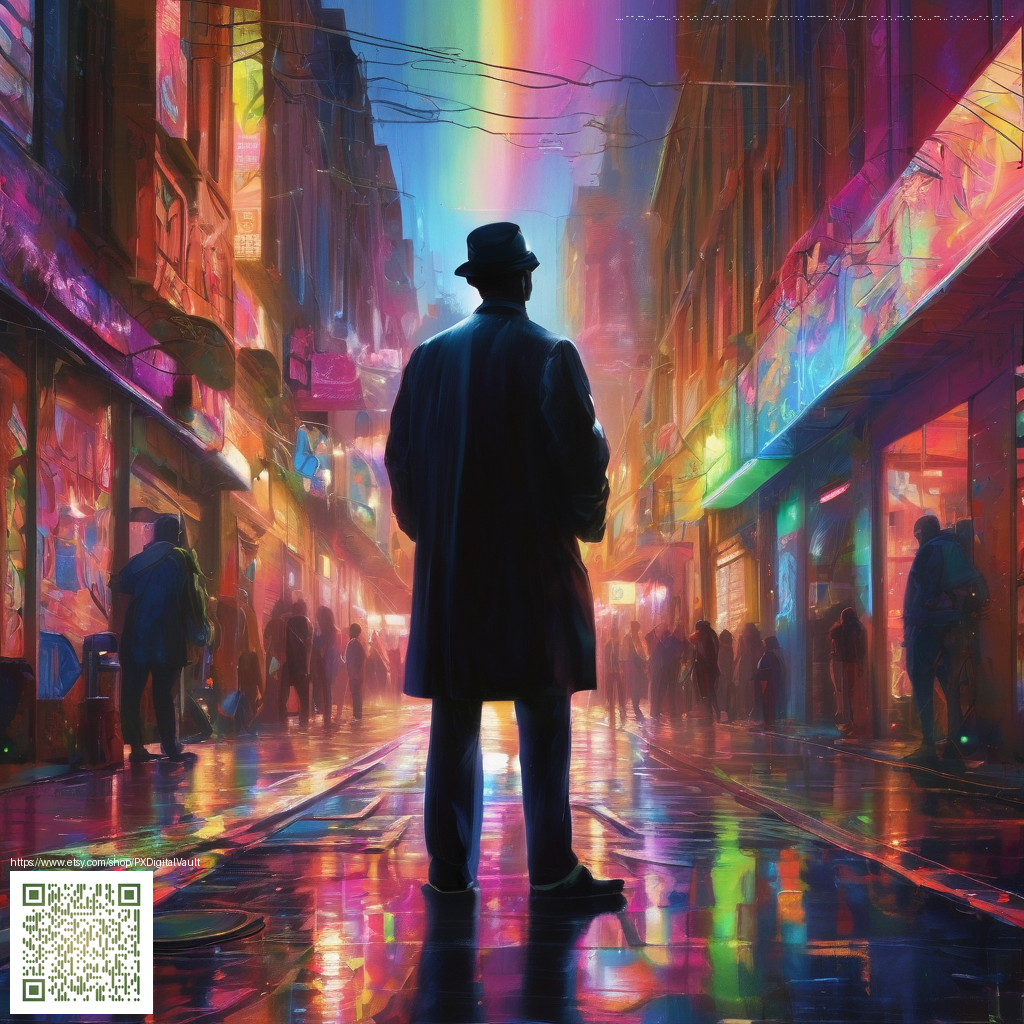
Exploring Fallout 2 Hidden Lore and Easter Eggs
Two decades after its debut, this classic RPG remains a treasure map for fans who love decoding dialogue, datapads, and environmental storytelling. The game released on October 30 1998, crafted by Black Isle Studios and published by Interplay, and it carved out a sprawling world where every ruin hints at a grander history. In this guide we dive into the lore that sits just off the main quest path and spotlight the communitys favorite easter eggs.
We will discuss how the core gameplay supports lore discovery from skill checks and dialogue options to subtle environmental storytelling. The game design invites players to read between the lines and search every ruin for a data log, a terminal message, or a stray note that quietly expands the universe. The result is a sandbox where the past feels layered and alive, not just background flavor.
Hidden lore threads that reward exploration
Fallout 2 threads lore through scattered notes, holotapes, and historical context embedded in town hubs and ruins. Early game moments prompt players to piece together factions like the Enclave, Vault City, and NCR descendants that thread through California after the war. The richest moments come from deliberate exploration rather than linear progression, rewarding curiosity with fresh worldbuilding and hints about what happened before and after the vaults.
Easter eggs that enriched the community conversation
Fans celebrate nods to pop culture and RPG tradition that pepper the wasteland. While some gags were debated or altered before release, the enduring fascination around hidden jokes and obscure references fuels dozens of lore theories and fan compilations. The New Reno era, in particular, showcases dialogue and environmental touches that invite lively discussion and speculative storytelling among veterans and newcomers alike.
Community lore highlights how the game toys with meta humor and worldbuilding. Players discover secrets in dialogue trees, randomized encounters, and environmental sprawl that point to a broader, interconnected Fallout universe. Even when a specific easter egg did not make it into a formal cut scene, fans preserve and remix these moments through wikis, mods, and in depth discussions.
Modding culture keeps the flame alive
Modders have kept Fallout 2 vibrant by expanding dialogue trees, rebalancing encounters, and refreshing visuals with fan art and enhanced textures. Tools created by the community enable editing quests, scripts, and item balancing, giving players a pathway to reimagine settlements, vaults, and desert cities. These mods serve as both a tribute to the original design and a bridge for new players to experience the world with modern convenience.
Developer perspectives and the enduring sandbox
The legacy of Black Isle Studios and Interplay echoes in contemporary RPG design. The studio embraced player agency with multiple endings and stories that respond to choices, a philosophy that informs many modern narrative RPGs. Fallout 2 teaches that lore is a living thing, discovered through exploration, conversation, and consequences rather than through exposition alone.
For fans seeking concrete details, the surrounding materials emphasize that the world is larger than any single quest and invites continued exploration. The interplay of faction politics, survivalist culture, and personal motivation creates momentum to roam ruined cities, unlock terminals, and compare notes with the community. That shared curiosity fuels fresh fan content and ongoing discussion years after release.
“The richest discoveries happen when you follow a worn path only to uncover a new doorway.”
Whether you are revisiting the classic or diving in for the first time, the lore rewards patient explorers. As fans continue to catalog references in wikis and curate lore guides, the post apocalyptic world remains alive in community conversations and in fan led mod projects that extend its reach well into today.
Decentralized support and next steps
Support for preservation and exploration of beloved titles benefits from decentralized networks and community maintained hosting. Your contribution helps fund preservation efforts, accessible documentation, and mod communities that keep these worlds reachable for new players to discover. The donation link below supports a decentralized internet ethos that emphasizes user control and independent hosting across a resilient network.
Donate to a Decentralized Internet